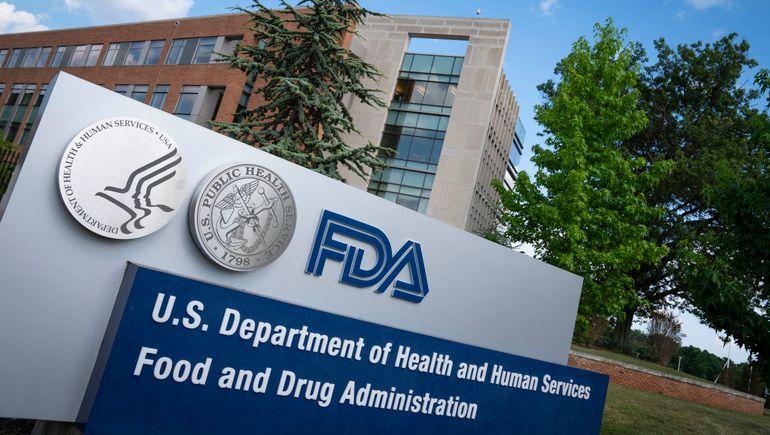Dive Brief:
- The Food and Drug Administration has authorized the first chlamydia and gonorrhea test with at-home sample collection.
- LetsGetChecked received de novo authorization for the Simple 2 Test, an over-the-counter kit that uses vaginal swabs or urine specimens to detect the bacteria that cause the two sexually transmitted diseases (STDs).
- The authorization will move sample collection from the doctor’s office to the home — potentially increasing testing of STDs, which are on the rise — and create a 510(k) pathway for rival diagnostics.
Dive Insight:
Until this week, the FDA had only authorized at-home sample collection for one STD, HIV. Sample collection for all other STDs occurred at the point of care, for example, in a doctor’s office. People may be less likely to get tested at the point of care, particularly for frequently asymptomatic infections such as chlamydia and gonorrhea, because of concerns about confidentiality and convenience.
The Simple 2 Test will be offered direct to consumers, allowing them to purchase the test online without a prescription. Patients send samples to a laboratory for testing, and results are delivered online. A healthcare provider will then follow up if the results are positive or invalid.
Jeff Shuren, director of the FDA’s Center for Devices and Radiological Health, hailed the authorization in a statement Wednesday as “an important public health milestone,” explaining how it will give patients “more information about their health from the privacy of their own home.”
LetsGetChecked secured the authorization by validating its kits for use with the cleared Hologic Aptima 2 Combo Assay. The FDA also assessed data on the ability of lay users to safely collect samples and have a “general understanding of the results and any necessary follow up actions.”
Other companies will now be able to bring similar tests to market by meeting the controls created through the de novo authorization.
The clearance of other products via the 510(k) pathway could further improve access to tests for STDs that have been “steadily increasing,” according to the FDA. Attempts to assess recent trends in the rate of STDs are complicated by the impact of COVID-19, but data on gonorrhea are consistent, with the number of cases increasing each year from 2017 to 2021.

